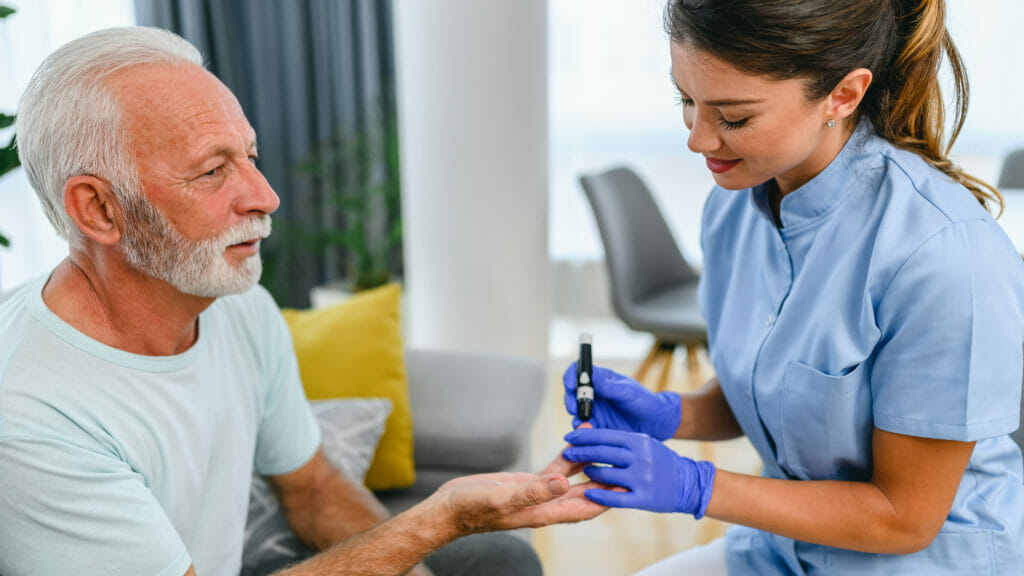
A technical feasibility study of the use of Bio-RFID sensors to monitor glucose levels in a non-invasive manner has delivered promising results, according to US-based medical technology company Know Labs.
Patients currently monitor their glucose levels by using a needle to create a skin prick on a finger, producing a small blood sample. This is then fed into a self-monitoring glucose device, which gives an instantaneous reading of one’s glucose levels. For some patients, particularly those with uncontrolled diabetes, glucose levels need to be checked numerous times a day, meaning frequent blood draws.
For the Know Labs study, the performance of Bio-RFID sensor technology was compared with the Dexcom G6 as a reference device. Five participants were recruited for this phase of the study and 46 tests were conducted using 92 samples. Preliminary results indicated that the study performed within 46% of predictions within the US Food and Drug Administration guidelines for the development of new blood glucose monitors.
“We have successfully completed our foundational studies, we have a stable sensor that delivers repeatable results, and we have developed software infrastructure to manage and interpret large, novel datasets,” Know Labs Chief Product Officer Steve Kent said.
The company’s next step is to increase the sample size to better assess the accuracy and feasibility of the device. This also allows the device to be tested in more diverse scenarios, potentially highlighting any safety concerns that may need to be addressed.
“This study demonstrates our progress toward getting the first FDA-cleared non-invasive glucose monitoring device in the hands of the nearly 40 million people living with diabetes in the US,” Know Labs CEO and Chairman Ron Erickson noted.


